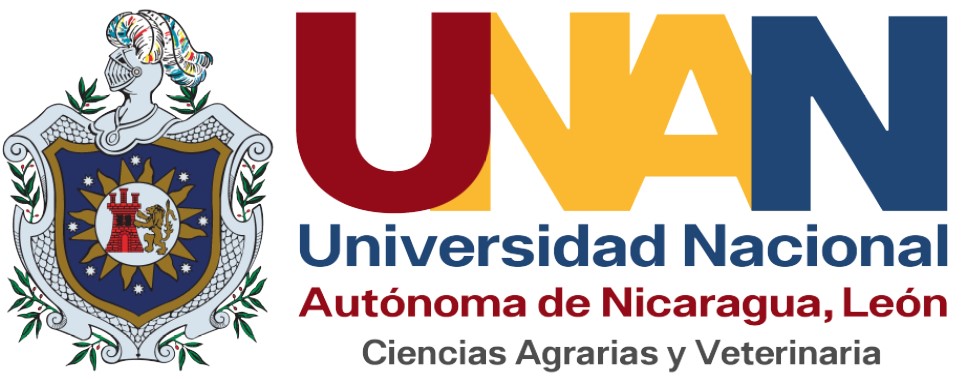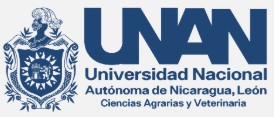Research methodology focused on qualitative analysis - Quantitative applied to the Factors that condition the dropout of students of secondary of the zone Nº2, enrolled in year 2015 of the municipality of Somotillo -Chinandega.
DOI:
https://doi.org/10.5377/ribcc.v3i5.5943Keywords:
methodology, Quantitative, Qualitative, TechniquesAbstract
In the present study, it was specifically and specifically investigated with the purpose of validating and / or experiencing a job for subsequent documentation with well-documented articles that are very useful for society. Through the qualitative or quantitative research carried out by the researchers, either according to their performance where they operate or obtained results, many of these are used by societies, as well like others in no way. In addition, it is considered that the analysis in recent years, various researchers
have defined and structured this type of methodology as the beam of large advances to facilitate the work in bibliographic documentation, studies of cases, or other research case studies of a quantitative nature and
qualitative.
Downloads
Metrics
References
BOGDAN, R. y TAYOR, S.J. (1994): Introducción a los métodos cualitativos de investigación.
Bardin, L. (1996). Análisis de contenido (César Suárez, trad.). Madrid: Ed. Akal.
Clemente, M., & Santalla, Z. (1991). El documento persuasivo: análisis de contenido y publicidad. Ed. Deusto.
González Río, M. J. (1997). Metodología de la investigación social. Alicante: Aguaclara.
Goode, J. y Hatt, P. (1991): Métodos de investigación social. México, Trillas.
Morgan, G. y Smircich, L. (1980): "The case for qualitative research", en Academy of management review, nº 5, pp. 491-500. .
https://doi.org/10.5465/amr.1980.4288947
Onwuegbuzie, A. J., Leech, N. L., Dickinson, W. B., & Zoran, A. G. (2011). Un marco cualitativo para la recolección y análisis de datos en la investigación basada en grupos focales. Paradigmas: una revista disciplinar de investigación, 3(2), 127-157.
Rodríguez, J. M. (2011). Métodos de investigación cualitativa. Revista de Investigación Silogismo, 1(08)
Sampieri, R., Collado, C. F., & Lucio, P. B. (2010). Metodología de la Investigación. México: El Comercio SA.
Torres, M., Paz, K., & Salazar, F. G. (2006). Métodos de recolección de datos para una investigación. Rev. Electrónica Ingeniería Boletín, 3, 12-20.
Wildemuth, B. M. (1993). Post-positivist research: two examples of methodological pluralism. The Library Quarterly, 63(4), 450-468.
https://doi.org/10.1086/602621
Tesch, R (1990). Quantitative Research: Analysis types and software tools. Hampshire Falmer: press.
Grinnell, R. (1997). Social work research & evaluation: Quantitative and qualitative approaches. Illinois: Peacock publishers.
Esterberg, K. G. (2002). Qualitative methods in social research. New York, NY, EE. UU.: McGraw-Hill.
Guerrero, C. S. (2002). Los entornos virtuales de aprendizaje como instrumento de mediación. Education in the Knowledge Society (EKS), 4(1).
Downloads
Published
How to Cite
Issue
Section
License
Copyright (c) 2018 Revista Iberoamericana de Bioeconomía y Cambio Climático

This work is licensed under a Creative Commons Attribution-NonCommercial-ShareAlike 4.0 International License.
Copyright © 2025 Rev. iberoam. bioecon. climate change. National Autonomous University of Nicaragua León (UNAN-León), Knowledge Area of Agrarian and Veterinary Sciences / Specific Area of Agroecology and Agribusiness / Center for Research in Agrarian Sciencies. Academic Directorate. Research Department. Publication and scientific events Unit.












 EDITORIAL
EDITORIAL e-ISSN
e-ISSN


 COPYRIGHT
COPYRIGHT This work is licensed under a Licencia Internacional
This work is licensed under a Licencia Internacional 












